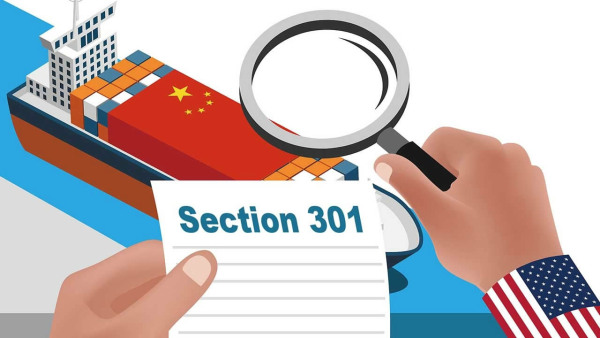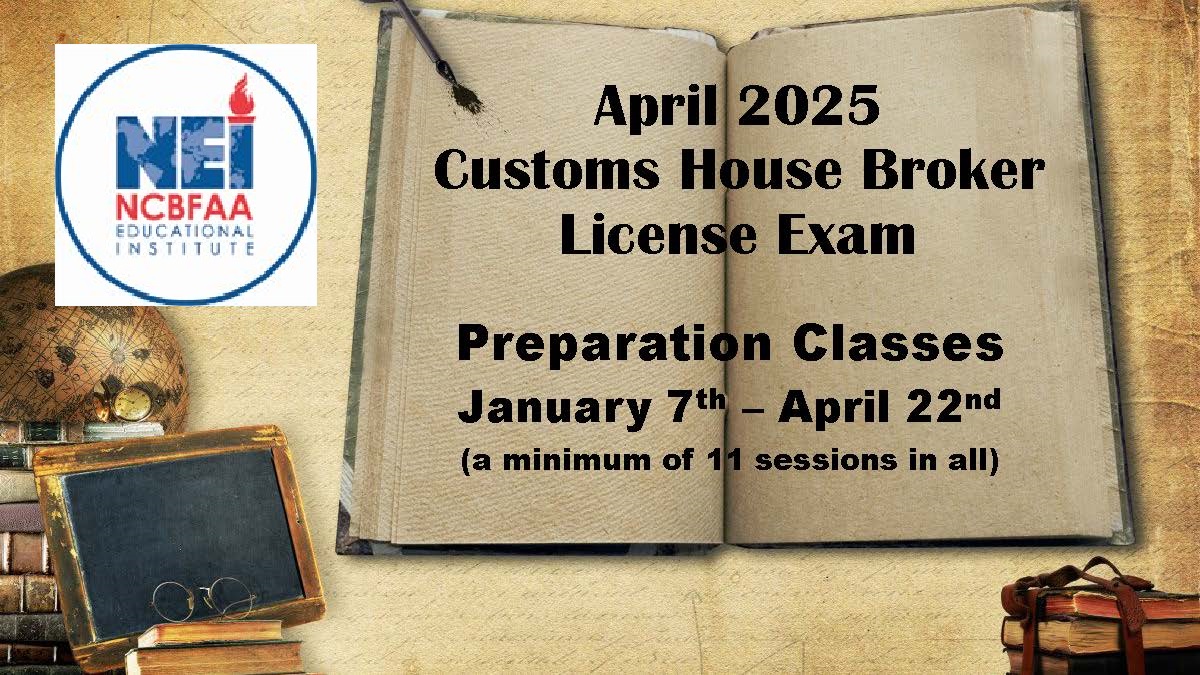Following recent release by the Office of the United States Trade Representative (USTR) of a second list of products from China that it proposes to become subject to an additional 25% duty under Section 301 of the Trade Act of 1974, USTR has issued a schedule for providing comments to the second proposed list. The second proposed list consists of 284 tariff items that cover goods including chemicals, plastics, metal articles, machinery, and vehicles. This list can be accessed at:
https://ustr.gov/sites/default/files/enforcement/301Investigations/List%202.pdf.
On June 20, 2018, USTR published a notice in the Federal Register with the following schedule:
- June 29, 2018: Due date for filing requests to appear and a summary of expected testimony at the public hearing and for filing pre-hearing submissions.
- July 23, 2018: Due date for submission of written comments.
- July 24, 2018: The Section 301 Committee will convene a public hearing in the main hearing room of the U.S. International Trade Commission, 500 E Street SW Washington, DC 20436 beginning at 9:30 a.m.
- July 31, 2018: Due date for submission of post-hearing rebuttal comments.
USTR requests that commenters address specifically whether imposing increased duties on a particular tariff item would be practicable or effective to obtain the elimination of China’s current (adverse) acts, policies, and practices that were identified in USTR’s initial Section 301 determination, and whether maintaining or imposing additional duties on a particular listed product would cause disproportionate economic harm to U.S. interests, including small or medium-sized businesses, and consumers.
A similar comment process followed the April 2018 release of the first proposed list of products for the Section 301 duties. Approximately 3,200 written comments were submitted and 121 witnessed testified during a three-day hearing. The first proposed list covered 1,333 tariff lines. Following the comment process, the final first list of products was reduced to 818 tariff items. For this reason, importers and other interested parties that may be effected by the second proposed list should consider filing comments and appearing at the public hearing on July 24 in order to make the case that particular tariff items should be excluded from the second list.
This would be a good time for importers to re-evaluate the tariff classifications that they are using to determine if certain goods might be properly classifiable in subheadings that are not on the Section 301 lists. Also, it may be worth considering whether products might be modified slightly to obtain a new classification that would not affected by the Section 301 duties. If you have any questions, please contact Joseph Spraragen or any of our attorneys.




